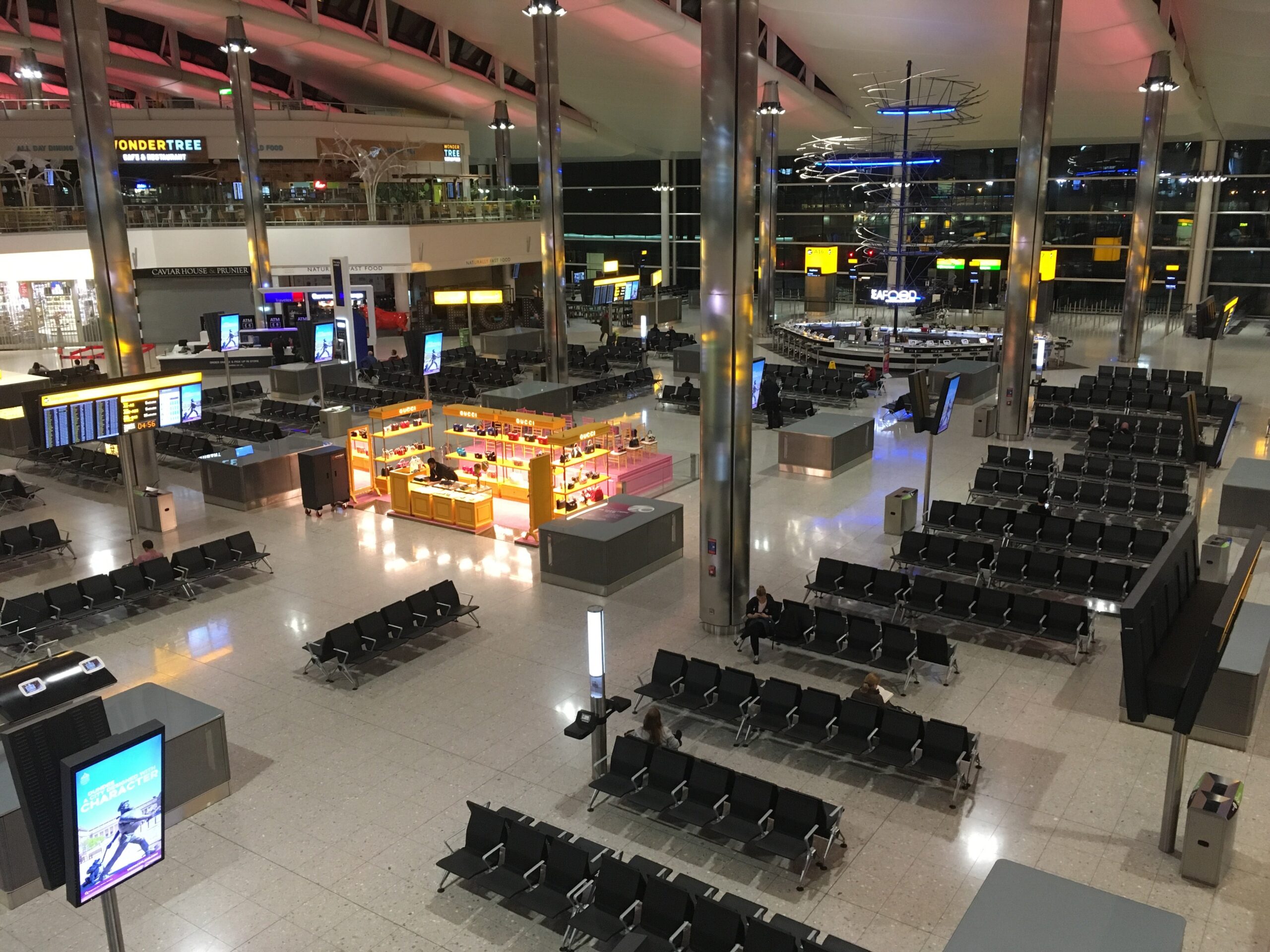As the number of unrestricted international travel options for British holidaymakers shrinks towards zero, the government has indicated it may finally allow testing to reduce the length of quarantine for arrivals to the UK.
Ministers have repeatedly said that a Covid-19 test on arrival would identify only 7 per cent of people with the virus, though that figure – based on a theoretical paper written in June – has been widely disputed.
Dozens of countries are using testing either as an alternative to quarantine or as a means to reduce the time travellers spend in self-isolation.
With pressure growing from the aviation industry, the transport secretary, Grant Shapps, and the health secretary, Matt Hancock, are expected in the next few days to outline a test-and-quarantine programme.
On Saturday, Stephen Barclay, the chief secretary to the treasury, told the Conservative Party conference the government is looking at “what testing can we have at airports, and how does that interact with the quarantine rules?”.
The minister said that Germany, where passengers from high-risk countries are required to quarantine until a negative test result is processed, is being studied as a possible model.
Heathrow has been calling for testing at airports for four months.
A spokesperson for the UK’s biggest gateway said: “We look forward to seeing the detail in the coming days.
“Heathrow already has testing infrastructure in place and a green light to use it would be a welcome boost to UK exporters and businesses across the country that rely on foreign trade and visitors.”
Mr Shapps said in early July that some form of testing was being considered, and last month said the concept was under “active review”.
One senior airline source told The Independent: “By the time anything actually gets done there may not be anything left of the UK aviation industry to save.”
As coronavirus case rates in the UK surged way above most other nations, Germany placed the majority of the country in its “high-risk” category.
Only travellers from the parts of England roughly south of the Humber and Mersey are exempt from quarantine.
From the weekend, passengers arriving in the UK from Turkey and Poland must self-isolate for two weeks.
Turkey was placed on the no-go list because of concerns about the reliability of its infection figures. Poland was added because it crossed the government’s threshold of case rates, even though new infections in the UK are about three times higher.
Gatwick airport’s chief executive, Stewart Wingate, has joined the calls for urgent action to allow families to meet at Christmas.
Writing for Business Travel News, he criticised the government’s approach to quarantine, saying: “The unpredictable and sudden nature of these announcements has a dramatic impact on consumer confidence and traffic levels. It also forces us to take difficult, but necessary decisions about resizing our businesses and cutting jobs.
“The travel restrictions inflicting so much pain on the aviation industry are likely to continue for the foreseeable future.
“Quarantine could be lifted for passengers travelling between high-risk countries within Europe if they receive negative test results up to 72 hours before departure.
“A coordinated, risk-based approach could help save thousands of aviation jobs and we should do everything possible to have it in place in time for people to visit friends and family at Christmas.”
He said it may take four or five years for passenger numbers at Gatwick – previously the busiest single-runway airport in the world – to recover.
The Civil Aviation Authority has revealed that one in five holders of Air Transport Organisers’ Licences (Atols) that expired at the end of September have not been renewed.
Of the the 1,261 licences that expired on 30 September, 995 have been renewed and an additional 90 are still in process.

